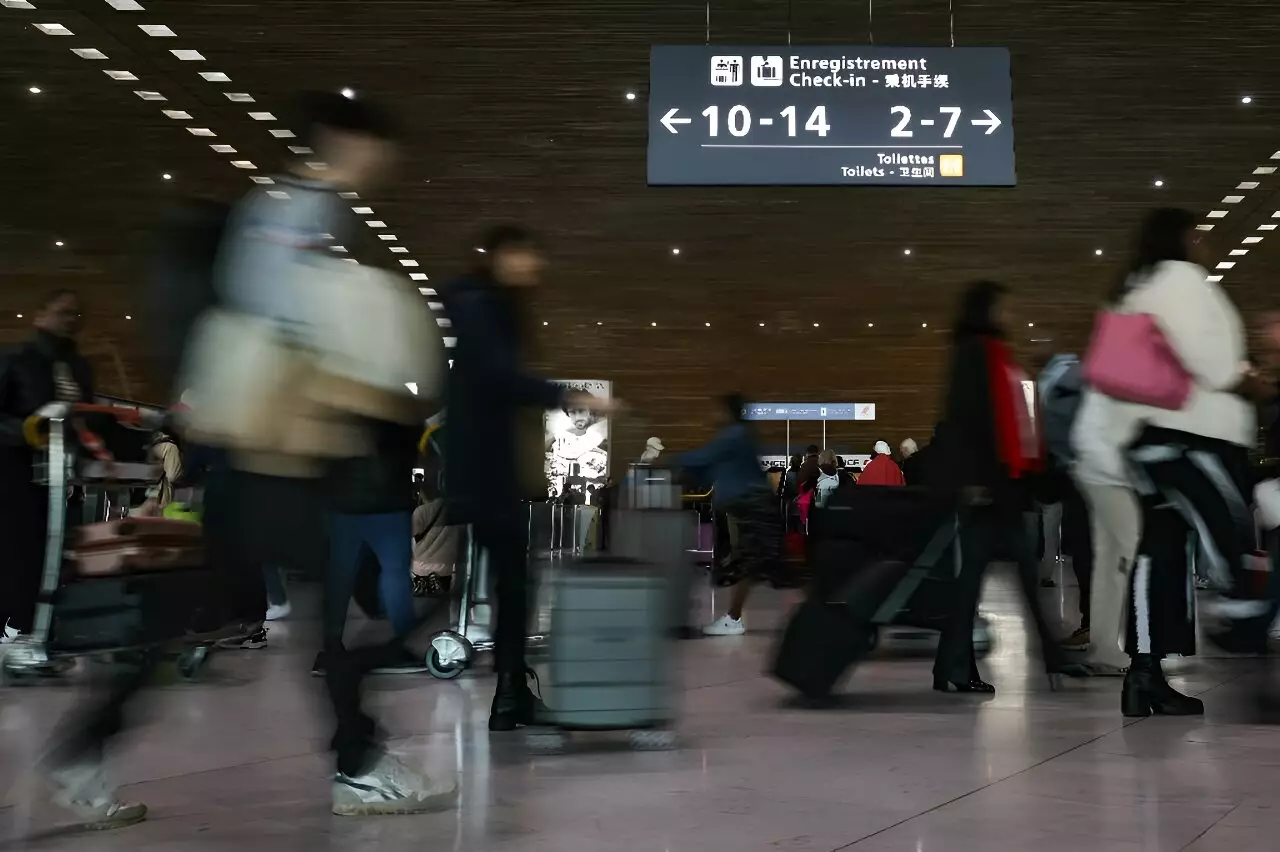The aviation industry is undergoing a significant transformation with the integration of artificial intelligence (AI) technology. While the idea of replacing pilots with AI may not be imminent, experts in the field acknowledge that AI is already revolutionizing the way airlines conduct their operations. This shift is evident in the approach of industry giants such as Air France-KLM, as they embrace data science and AI to enhance their services and improve efficiency.
AI is being recognized as a powerful tool for aviation companies to leverage in order to increase productivity and gain a competitive edge. According to Julie Pozzi, the head of data science and AI at Air France-KLM, AI presents fantastic opportunities for the aviation sector. By utilizing AI, airlines can accelerate the process of obtaining and disseminating crucial information, thereby enabling them to make more informed decisions promptly.
Airline executives are actively exploring various AI projects to enhance their services. Air France-KLM is spearheading this initiative with over 40 projects incorporating generative artificial intelligence. These projects aim to improve customer interactions, such as implementing a tool that can respond to customers in 85 different languages. Similarly, airport operators like Groupe ADP are embracing AI to streamline their operations, including the use of voice recognition technology to handle phone calls efficiently.
As air travel continues to grow, the aviation industry faces challenges in managing passenger flow and ensuring seamless operations. Experts emphasize the importance of leveraging AI to address these challenges, such as utilizing facial recognition for enhanced airport security. While modern aircraft offer vast amounts of data that can be optimized with AI, experts emphasize that human pilots must retain control over decision-making processes.
Despite the advancements in AI technology, experts unanimously agree that human pilots are irreplaceable when it comes to flying aircraft. The CEO of Thales, Patrice Caine, emphasizes the critical role of human decision-making in aviation. While AI can augment and improve various aspects of the industry, it is ultimately up to humans to ensure the safety and efficiency of air travel.
The integration of artificial intelligence is reshaping the aviation industry by enhancing efficiency, productivity, and customer experiences. As airlines and airport operators continue to explore the potential of AI, it is crucial to strike a balance between automation and human involvement to ensure safe and effective air travel operations. AI is indeed a powerful tool that can revolutionize the aviation sector, but human expertise and decision-making remain paramount in the field of aviation.


Leave a Reply